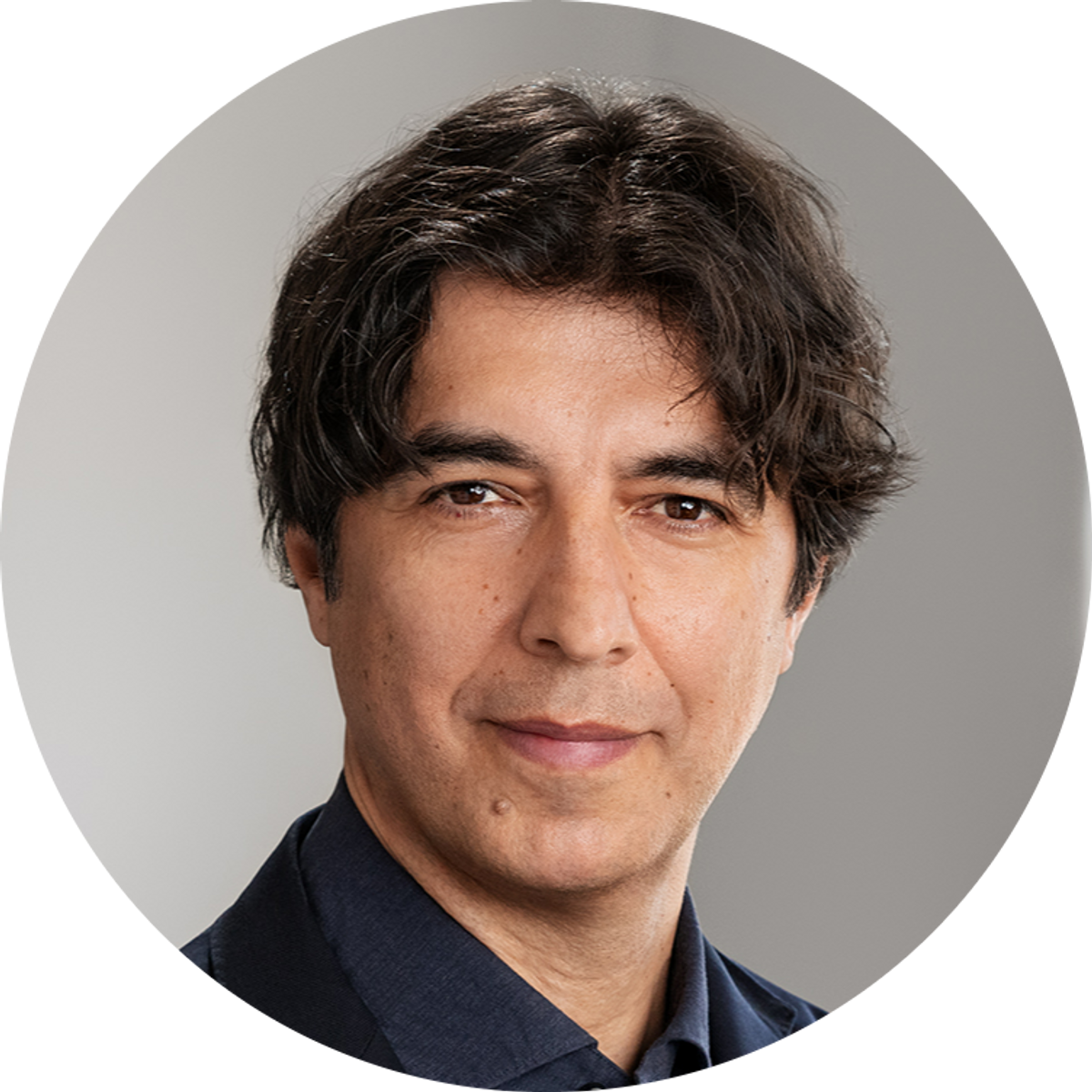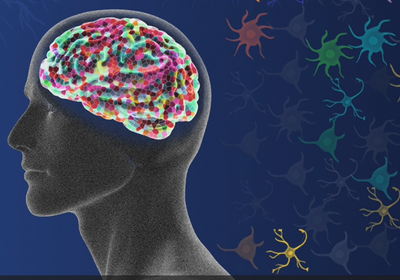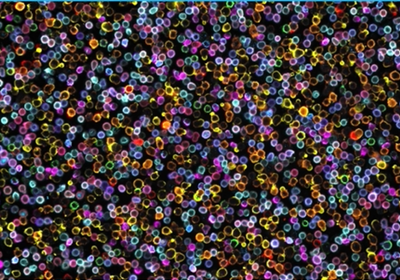Despite the genetic basis of healthy aging, diet plays an important role in preventing inflammation, diabetes, and cognitive decline. Yet, healthy food choices are just part of the equation. Researchers are discovering how fasting can undo some of the metabolic damage imposed by the overindulgences of the typical Western diet. The human body may be wired to function optimally when exposed to periods of fasting, which reawakens stem cell activity and the body’s intrinsic capacity to regenerate. The next frontier in this research field is the brain and the ways in which fasting may help improve age-related cognitive deficits.
In this episode, Iris Kulbatski from The Scientist’s Creative Services Team spoke with Valter Longo, a professor of gerontology and biological sciences at the University of Southern California and the director of the USC Longevity Institute, to learn more.
The Scientist Speaks is a podcast produced by The Scientist’s Creative Services Team. Our podcast is by scientists and for scientists. Once a month, we bring you the stories behind news-worthy molecular biology research. This month's episode is sponsored by ATCC.
Speaker

Professor of Gerontology and Biological Sciences
USC Leonard Davis School of Gerontology
Director, USC Longevity Institute
___________________________________________________________________
ATCC offers the scientific community credible biological products, advanced model systems, and high-quality services that support complex research in a variety of innovative applications resulting in incredible achievements in basic science, drug discovery, translational medicine, and public health. They provide well-characterized cells and reagents for the exploration of aging to include human and animal cell lines, human primary cells, mesenchymal stem cells, induced pluripotent stem cells, neural progenitor cells, feeder cells, mouse ES cells, and media and reagents that support the growth, expansion, and differentiation of these cells. Learn more at www.atcc.org/CellBiology




